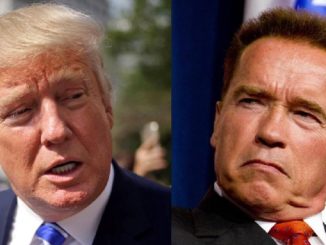
The U.S. military plans to stockpile rare earth magnets used in Javelin missiles and F-35 fighter jets, according to a government document seen by Reuters, a step that critics say does little to help create a domestic industry to build specialized magnets now made almost exclusively in Asia.
The Pentagon is seeking proposals to cache a rotating six-month supply of neodymium iron boron (NdFeB) magnets, a type of rare earth magnet essential to weapons manufacturing, according to the document, detailing the latest attempt to weaken China’s control over the rare earths sector, Reuters informs.
Beijing has been using that prowess for leverage in its trade war with Washington. The request effectively seeks someone to warehouse a six-month supply of the specialized magnets and maintain it for at least 30 months. It does not offer financial support for NdFeB magnet manufacturing, which industry analysts and executives say is a short-sighted misstep by the Pentagon.
“This is definitely a curve ball,” said Peter Afiuny of Urban Mining Co, a privately held company building a rare earth magnet facility near Austin, Texas. “We expected the call would be strategically aimed at actually doing something to spur domestic production capacity.”
China and Japan are the world’s largest NdFeB magnet producers. None of the specialized magnets are made in the United States, though a U.S. Naval Research Laboratory scientist invented them here in the early 1980s.
Reuters reported last week that the Pentagon is funding construction of rare earths processing facilities. But after rare earths are processed, they must be turned into magnets, otherwise they are of little value to electronics and weapons manufacturers.
President Donald Trump this year ordered the military to update its supply chain for the niche materials, warning that reliance on other nations could hamper U.S. defenses. Responses to this latest Pentagon request are due by Jan. 22, 2020, according to the document.
The Pentagon plans to spend $10 million on the program, with recipients funding another $10 million in total. Each recipient will receive a maximum of $3 million, according to the document.




Be the first to comment